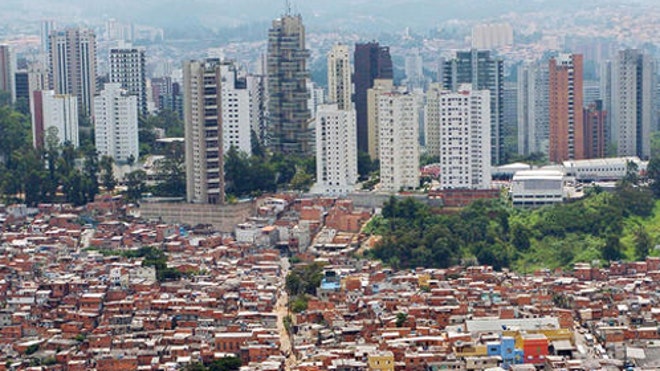Latin America To Reach Rich Countries' Prosperity in 2052
Even when the economic and social progress in Latin America over the last two decades is undeniable, says the World Bank, it will need another 39 years to reach the level of stability of developing countries.
According to its new report “Shifting Gears to Accelerate Shared Prosperity in Latin America and the Caribbean,” prosperity as we know it today will arrive in the region in 2052 — or sooner if work is done in a number of areas such as transparency, institutional efficiency, market accessibility and risk management.
prosperity as we know it today will arrive in the region in 2052 — or sooner if work is done in a number of areas such as transparency, institutional efficiency, market accessibility and risk management.
“Latin America is two generations away from reaching the welfare system of the most developed nations,” explained Louise Cord, Sector Manager for Poverty Reduction and Equality in Latin America and the Caribbean at the World Bank. She added that if governments do not take fix social inequality – mentioned as the main reason for the delay – the goal could take an additional decade.
The report notes that in 2011 the region had reached only one fifth of the Gini coefficient [which indicates a country's income inequality] of the most developed countries of the Organization for Economic Cooperation and Development (OECD).
"One of the great challenges facing the region are the constant imbalances in the living standards in different countries of Latin America," reads the 48-page report.
Cord highlights, however, the significant strides made toward reducing inequality.
“Since the year 2000 the poverty level has been reduced to half, and in 2011, for the very first time in the history of Latin America, middle class surpassed poverty numbers,” she pointed out. Cord warned, however, that despite this development, "of the 80 million inhabitants of the region who live in situations of exclusion, half are concentrated in Brazil and Mexico."
The report outlines several measures that can be taken to maintain economic prosperity and accelerate the reduction of social disparities. It calls for a reform of the tax system to increase its revenue capacity and recommends ensuring distribution through a "sustainable fiscal policy.” It also suggests strengthening transparency and guarantee equal access to public institutions and services, regardless of income.
"Each country will implement these reforms differently and depending on your particular circumstances, but it is clear that a change in the fiscal and financial policies should be a common goal," said Cord.

